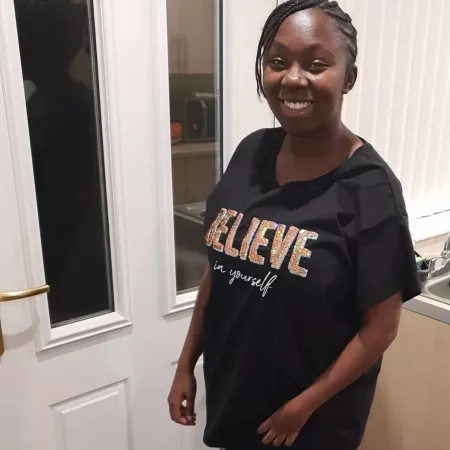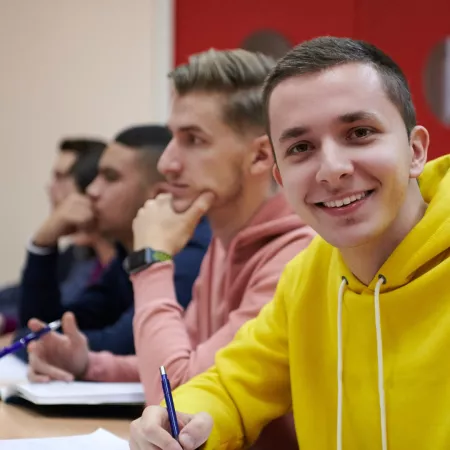
Anoushka's education experience
Anoushka's blog shares how life has been at school and college, with epilepsy. Anoushka's top tips might also give you some pointers to help at school!

Different people have different experiences of how epilepsy affects them at school. Not every young person with epilepsy will experience difficulties learning. But some people may find they have more difficulty learning than students who don’t have epilepsy. Reasons for this can include:
These can affect your learning. But there are lots of things your school can do to support you, including:
If you are having difficulties speak to your teachers, family or carers. They are there to help you.
Young Epilepsy has developed the ABLE tool (Assessment of Behaviour and Learning in Epilepsy). It aims to help your teachers, parents or carers understand more about how epilepsy affects you and help them make sure you have the support you need.
Read from 3 people who have first had experience of how epilepsy can affect your learning and school life.

Anoushka's blog shares how life has been at school and college, with epilepsy. Anoushka's top tips might also give you some pointers to help at school!

Lauren has absence seizures. In her blog she writes about living with epilepsy at school, how she made friends and told her teachers.

Meet Jasmine, one of the heroes of our #UnderstandMyEpilepsy Campaign. Jasmine is 18 and experiences prolonged tonic clonic seizures. ForJasmine, this has meant that her teachers and students at school don't understand her epilepsy and the challenges that she faces.
An Individual Healthcare Plan (IHP) is a simple document that helps make sure you’re safe and supported at school if you have epilepsy. It explains your condition, what kind of help you might need, and how your school can make sure you’re included in everything.
Your IHP will describe what your seizures look like, how to manage them, and if your medication has any side effects. It also includes clear instructions on what to do in an emergency, like when to call an ambulance.
Your IHP is created with input from you, your family, your school, and your doctors. It’s the school’s job to make sure the plan is followed, and it says who will help you with different parts of your care.
Because epilepsy can change over time, your IHP should be updated every year or if something about your condition changes. Even if your seizures are under control, an IHP is important because epilepsy might still affect how you learn and behave.

You could share Young Epilepsy's Guide for Schools with your parents or carers and your school. It has lots of information for schools about how to support students with epilepsy.

As a young person with epilepsy, you have certain rights at school including: An Individual Healthcare Plan, reasonable adjustments and support with exams.

Find helpful tips and resources for students with epilepsy to manage stress, stay organised, and succeed during exam season.

Explore guidance and resources for students with epilepsy transitioning to further education, from managing health to academic success.

Get prepared for the new school year with this checklist designed to help students with epilepsy manage their condition and thrive in school
A space for young people, aged 13+, who are living with epilepsy, for them to share, learn and find support.